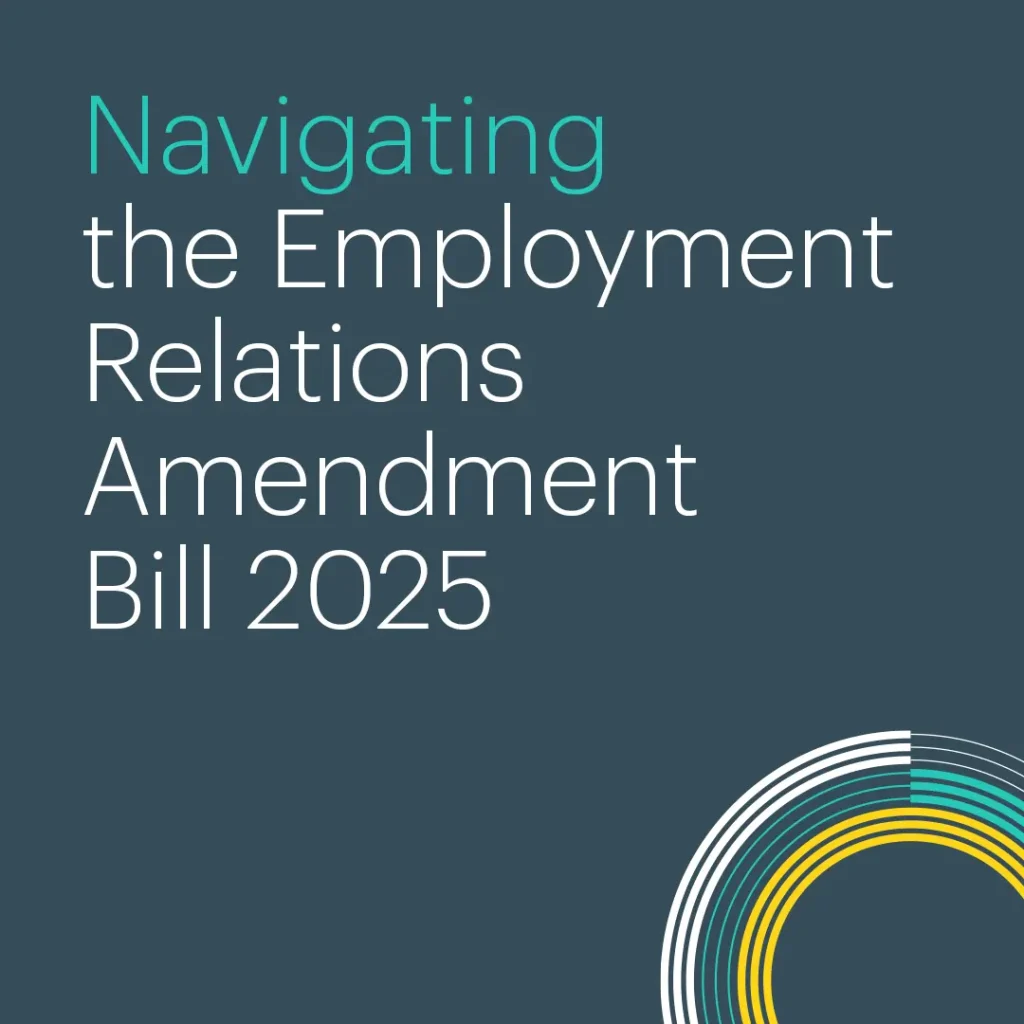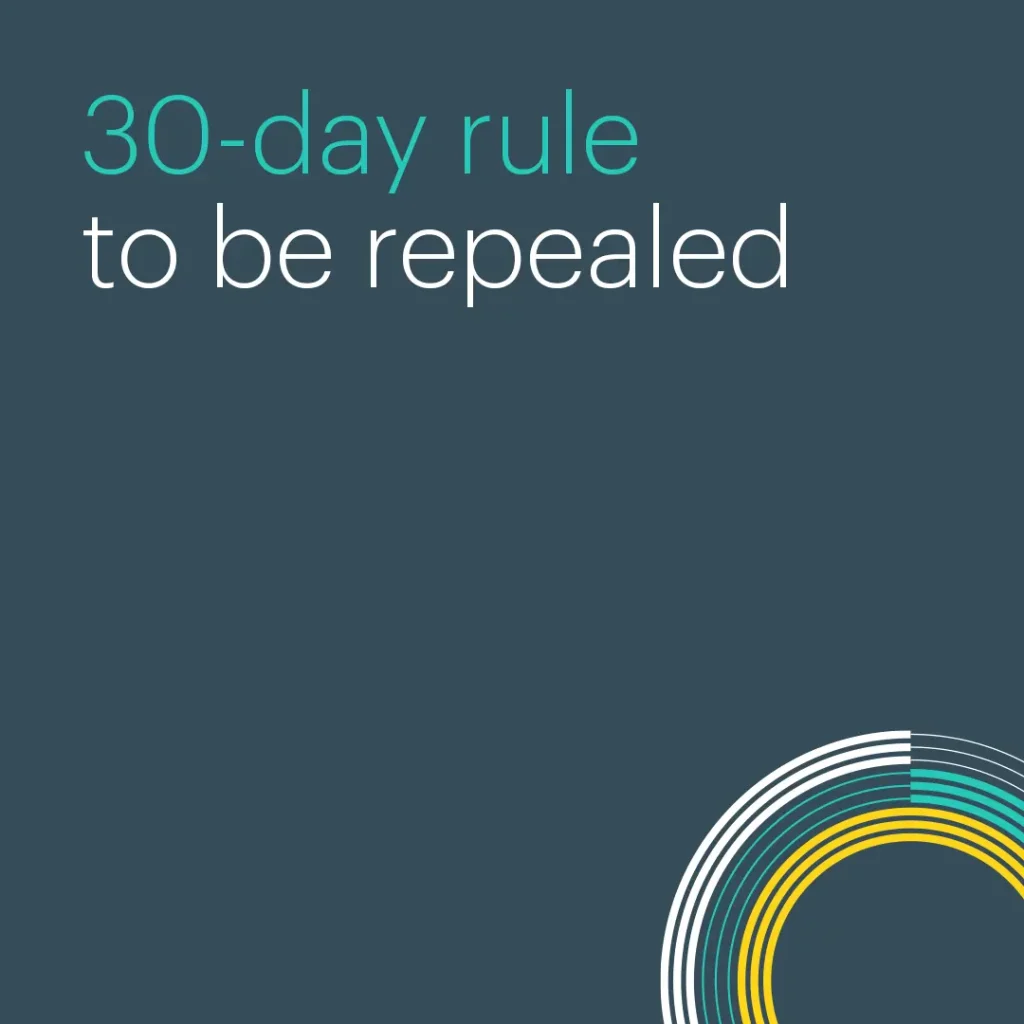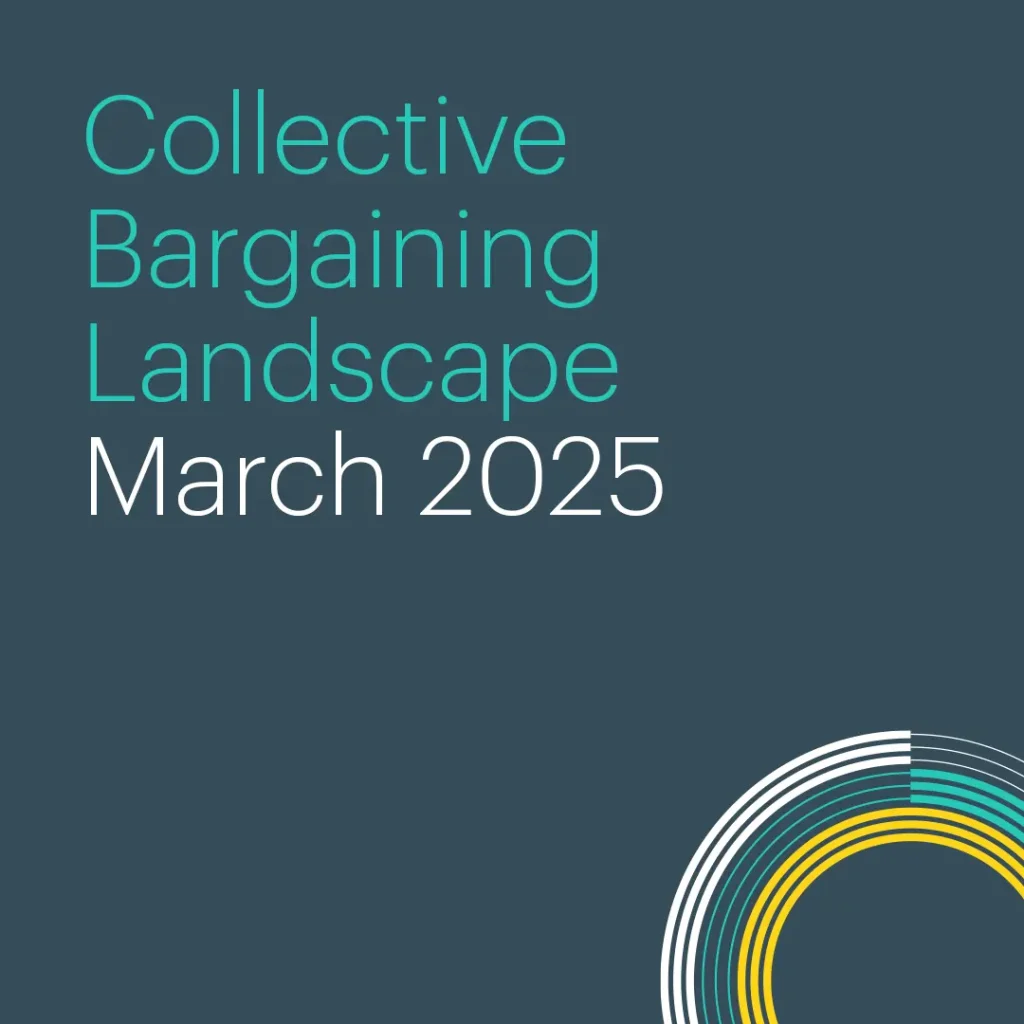Collective bargaining is a cornerstone of the employment landscape in New Zealand, serving as a critical process through which employers and unions negotiate terms and conditions of employment.
In this article, Senior Associate Adrian Tocker outlines why good preparation for collective bargaining is essential, and the key considerations and communication aspects that employers should cover in their planning for collective bargaining.
Collective bargaining
While Mike Tyson said “Everyone has a plan until they get punched in the mouth”, (and that’s undoubtedly true if you are squaring up against Iron Mike), the importance of planning for collective bargaining, partnered with the understanding that you will need to be adaptable, cannot be understated.
Collective bargaining is not what it is perceived to be. It’s not banging and thumping on tables; it’s not an episode of The Apprentice with Trump throwing “you’re fired” across the bargaining table. Bargaining is an opportunity to listen and learn about concerns your employees may have, which they may not be confident to discuss with you individually. It’s also an opportunity to reinforce the nature of the relationship you want with your employees and their representative unions. Establishing and building strong working relationships with employees and unions outside of the bargaining period is equally part of creating the conditions for success.
Expert support can of course help the parties to navigate the collective bargaining process successfully, however there are key areas in which everyone involved needs to prepare. Poor preparation can lead to a range of issues, including prolonged disputes, strikes and industrial action, and strained employer-union-employee relationships.
Key considerations for preparation
Adaptability will always be critical to the bargaining process, however there are key areas negotiators can prepare in:
Term of Agreement
Determining the appropriate duration of the collective agreement is crucial. A balance must be struck between stability and the flexibility to renegotiate terms in response to changing circumstances. Also, just one small note, there is no “right” to backpay, but it does help in getting a deal done.
Wage Increases
Establishing clear guidelines for wage increases, including the frequency and amount, is essential. Consideration should also be given to how these increases align with market trends and the organisation’s financial capacity.
Allowances
Negotiators should review existing allowances and consider whether adjustments are necessary. This includes travel, meal, and accommodation allowances, among others.
Leave provisions
Potential changes to leave entitlements, such as annual leave, sick leave, and parental leave, should be carefully evaluated to ensure they meet both employee needs and organisational capabilities.
Coverage
Defining the scope of the collective agreement, including which employees and job categories are covered, is a fundamental step.
Existing clauses
Reviewing and potentially updating existing clauses to reflect current realities and future expectations is critical. This may involve health and safety provisions, dispute resolution mechanisms, and performance management clauses.
Preparation for industrial action
While the goal is to avoid industrial action, organisations must be prepared to manage it effectively if it occurs. This includes developing contingency plans to minimise operational disruptions and maintain essential services.
Communication with stakeholders
Effective communication with stakeholders is another pivotal aspect of the bargaining process:
-
Internal stakeholders
Regular updates should be provided to employees, management, and board members to keep them informed about progress and key issues in the negotiations.
-
External stakeholders
Communication with external stakeholders, such as customers and suppliers, may also be necessary to manage expectations and maintain relationships during the bargaining process.
Good Faith requirements
Under New Zealand law, the duty of good faith requires that parties do not engage in conduct that undermines the bargaining process or the representatives involved. For organisations providing services as part of the public health service, there is a specific “code of good faith in the public health service” that is even more restrictive where the employer cannot communicate anything about the bargaining directly to their employees. This includes avoiding direct communication with employees that could be perceived as bypassing the union or undermining the union’s position.
The bottom line
In conclusion, preparation for collective bargaining in New Zealand is crucial for achieving successful and equitable outcomes. “Everyone has a plan until they get punched in the mouth” serves as a powerful reminder of the unpredictable nature of real-world challenges. Thorough preparation combined with agility is without doubt the best way to achieve results.
Remember also that every collective agreement eventually settles and you will still have to come to work the next day and work with your employees. Maintaining those relationships is key.
For advice on collective agreements and collective bargaining support, please contact our team.









